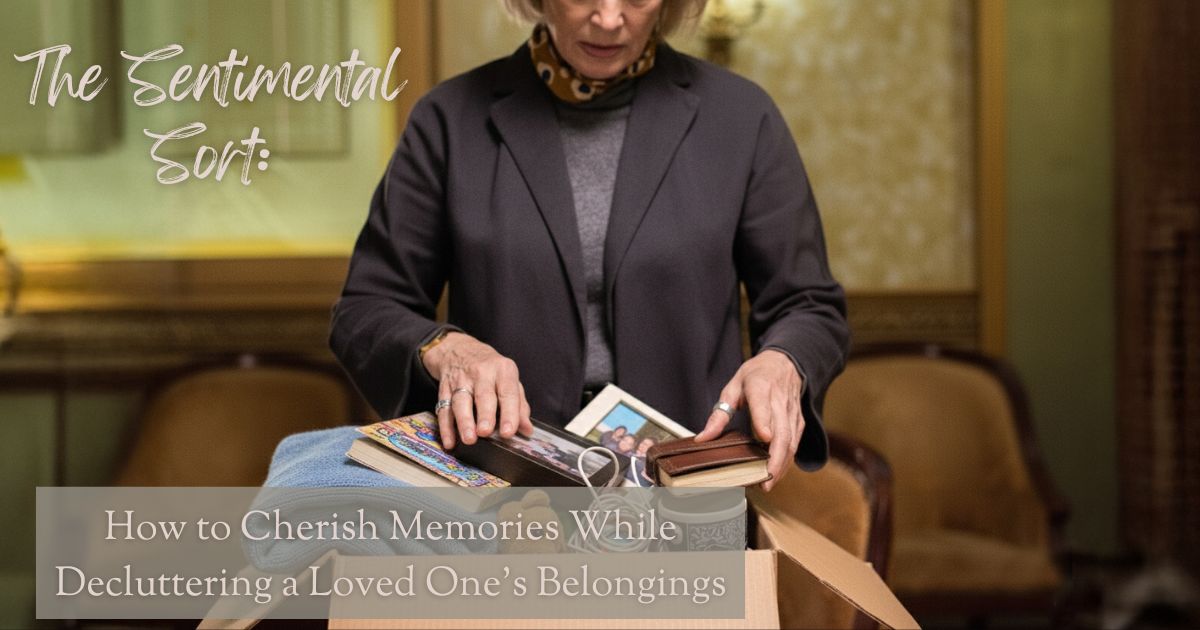The Future of Remembrance: How Technology is Changing Memorialization
This blog post explores how technology is changing the way we memorialize loved ones. Digital memorials, interactive grave markers, and QR codes are bridging the gap between the physical and digital worlds, offering new ways to preserve memories and share stories.
Read MoreArranging a Funeral for the First Time: An Empathetic Approach
This article is an empathetic guide for individuals arranging a funeral for the first time. It provides practical advice on what to expect during a visit to the funeral home, essential items to bring, and emotional support resources, all with the goal of helping readers honor their loved one in a meaningful and manageable way.
Read MoreConquering Clutter Paralysis: How to Start Organizing When You're Overwhelmed
The article "Conquering Clutter Paralysis: How to Start Organizing When You're Overwhelmed," provides gentle, achievable steps for managing the emotional and practical task of sorting possessions, whether for estate care after a loss or for personal prearrangement.
Read MoreFamily Traditions and Cremation: Honoring Heritage in a Modern Context
Families can integrate cremation, a modern and increasingly popular end-of-life choice, with long-held cultural and ancestral traditions.
Read MoreThe Personalized Send-Off Blueprint: Answering Consumers Top 10 Cremation Questions
The article, "The Personalized Send-Off Blueprint: Answering Consumers Top 10 Cremation Questions," discusses the increasing popularity of cremation, which is chosen by over 60% of US families. It highlights the shift towards direct cremation offered by specialized providers, which is the most budget-friendly option and provides flexibility to schedule a memorial service weeks or months later.
Read MoreDealing with the Family Home: Cleaning, Selling, or Maintaining Your Parent’s Residence
"Dealing with the Family Home: Cleaning, Selling, or Maintaining Your Parent’s Residence," offers a guide for navigating the emotional and logistical challenges of deciding what to do with a parent's home after their loss.
Read MoreWhen a Friend Passes: Supporting Peers and Navigating Grief in Your Senior Years
Prioritizing respect, empathy, and ongoing support beyond the initial service is the best way to honor the friendship and comfort those who are grieving.
Read MoreNotifying the Right People: A Checklist for Contacting Family, Friends, and Institutions
The article, "Notifying the Right People: A Checklist for Contacting Family, Friends, and Institutions," provides a structured guide to managing the administrative task of notifications following the death of a loved one.
Read MoreEight Important Differences Between Hospice Care and Palliative Care
The document breaks down the eight key distinctions between palliative care and hospice care, both of which focus on comfort and quality of life for people facing serious or life-limiting illnesses.
Read MoreDownsizing Your Life, Planning Your Legacy: A Guide for Midlife
Downsizing and legacy planning are described as compassionate gifts: Gifting yourself a simpler present and future, and gifting your family clarity, relief, and the priceless treasure of your stories. This work is viewed as a thoughtful new beginning.
Read MoreFunding Your Farewell: Navigating Your Top Estate Planning Questions
The article, "Funding Your Farewell: Navigating Your Top Estate Planning Questions - Blog Post," emphasizes the importance of proactive estate and funeral planning to protect one's legacy and prevent financial stress for family members.
Read MoreThe Power of a Planned Memorial Service
By balancing practical needs with the emotional desire to honor a loved one, a service can be created that provides comfort and helps everyone begin their healing journey.
Read MoreGreeting January with Grace: Navigating Your Year of Firsts
Greeting January with Grace: Navigating Your Year of Firsts, addresses the difficulty of transitioning into a new year while grieving the loss of a loved one (family member, friend, or pet).
Read MoreThe Art of Gentle Forward Motion: Moving On Doesn't Mean Forgetting
The document, "The Art of Gentle Forward Motion: Moving On Doesn't Mean Forgetting," provides a gentle framework for navigating grief, emphasizing that "moving on" is not about forgetting a loved one but about reorganization and finding a new way to live while the cherished person or pet remains an essential part of one's heart.
Read MoreThe Year of Being Kind to Yourself: A Griever's Pledge for Self-Compassion
Grief is exhausting and often leads to self-criticism. Radical self-compassion - treating oneself with the same kindness offered to a friend is one of the most necessary steps for healing.
Read MoreNew Year, New Light: Permission to Embrace Joy
This document, "New Year, New Light: Permission to Embrace Joy," offers a redefinition of the New Year's "fresh start" for those experiencing grief. It emphasizes that renewal isn't about forgetting loss, but about allowing space for future joy alongside past love.
Read MoreLet's Share Stories This Holiday Season: Why Sharing Is Important
Sharing stories during the holiday season is important, especially when dealing with grief after losing a loved one or pet. Sharing stories helps keep memories alive, validates their existence, and reinforces the enduring connection.
Read MoreThe Sentimental Sort: How to Cherish Memories While Decluttering a Loved One's Belongings
Decluttering a loved one's belongings is an emotional process that allows you to cherish memories while creating space for healing. It's recommended to start with less emotionally charged areas and create a "memory box" for sentimental items. Inviting a trusted friend or family member for support can be helpful.
Read MoreBuilding a Bridge to Tomorrow: Hope as a Daily Practice
This document, "Building a Bridge to Tomorrow: Hope as a Daily Practice," explores how hope can coexist with grief, emphasizing that they are not opposing forces.
Read MoreThe Greatest Gift: How to Weave Your Story into a Lasting Legacy
Documenting your life story is a meaningful gift of love and connection for future generations. The legacy can take any form - a book, a digital album, a video playlist, or a decorated family tree.
Read MoreStaying Present: A Guide to Navigating Hope and Reality in Anticipatory Grief
This document, "Staying Present: A Guide to Navigating Hope and Reality in Anticipatory Grief," discusses how to navigate the complexities of anticipatory grief, a period characterized by both hope and despair.
Read MoreThe Family Group Chat Guide to Preplanning: Collaborative End-of-Life Decisions
This document, "The Family Group Chat Guide to Preplanning: Collaborative End-of-Life Decisions," suggests using family group chats as an effective, unconventional platform for discussing end-of-life preplanning.
Read More



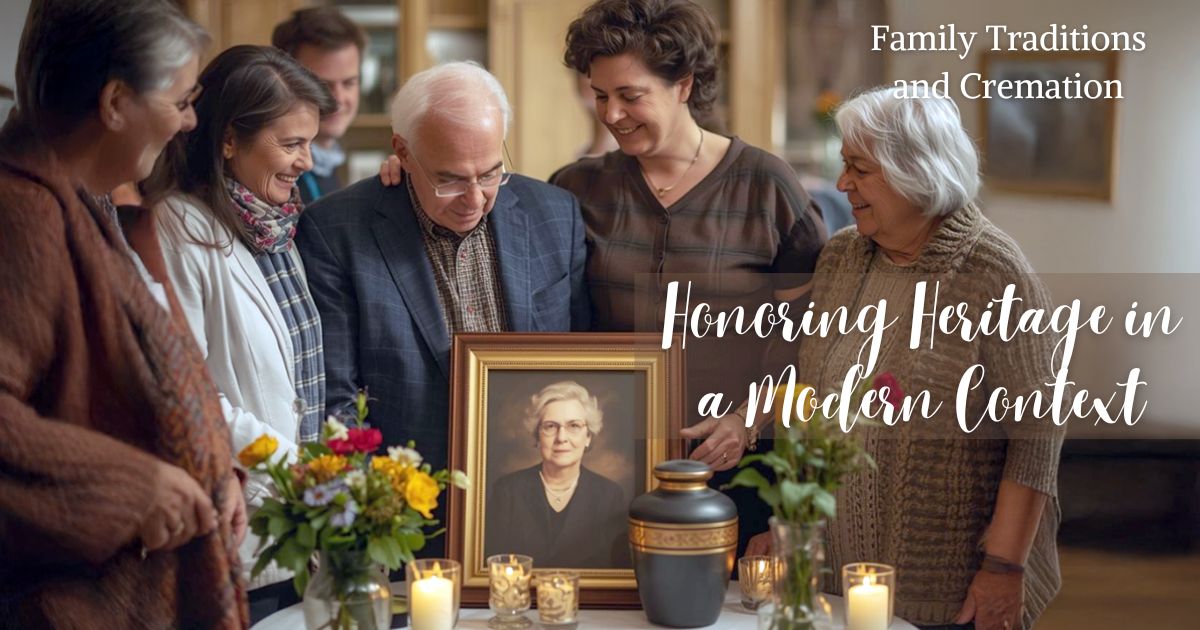
.png)

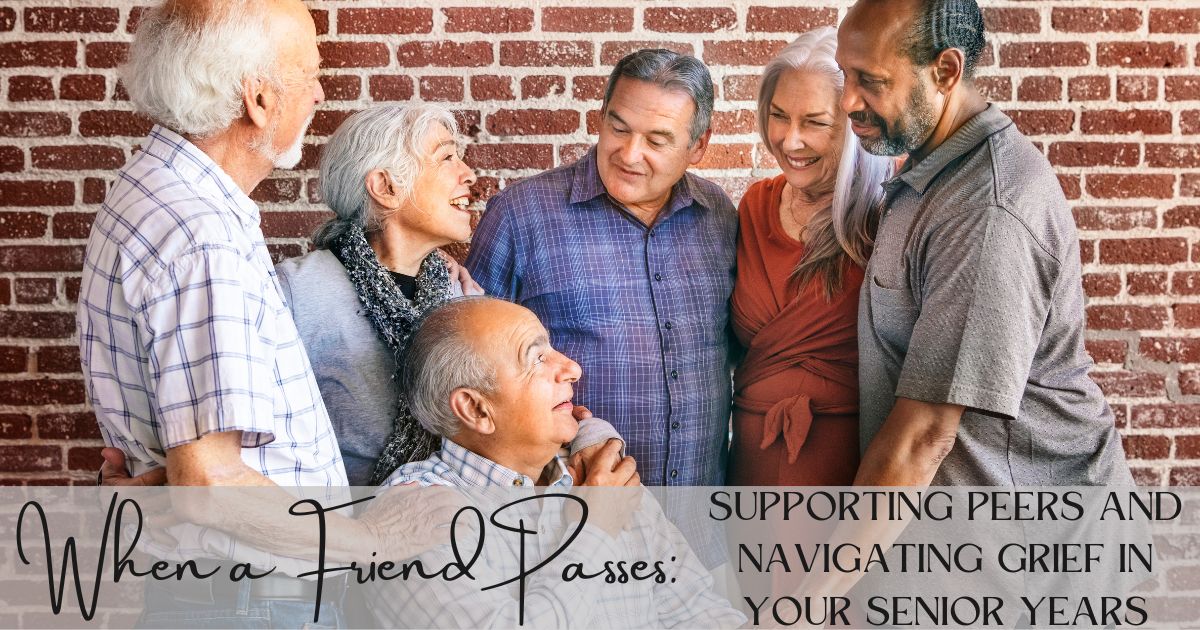

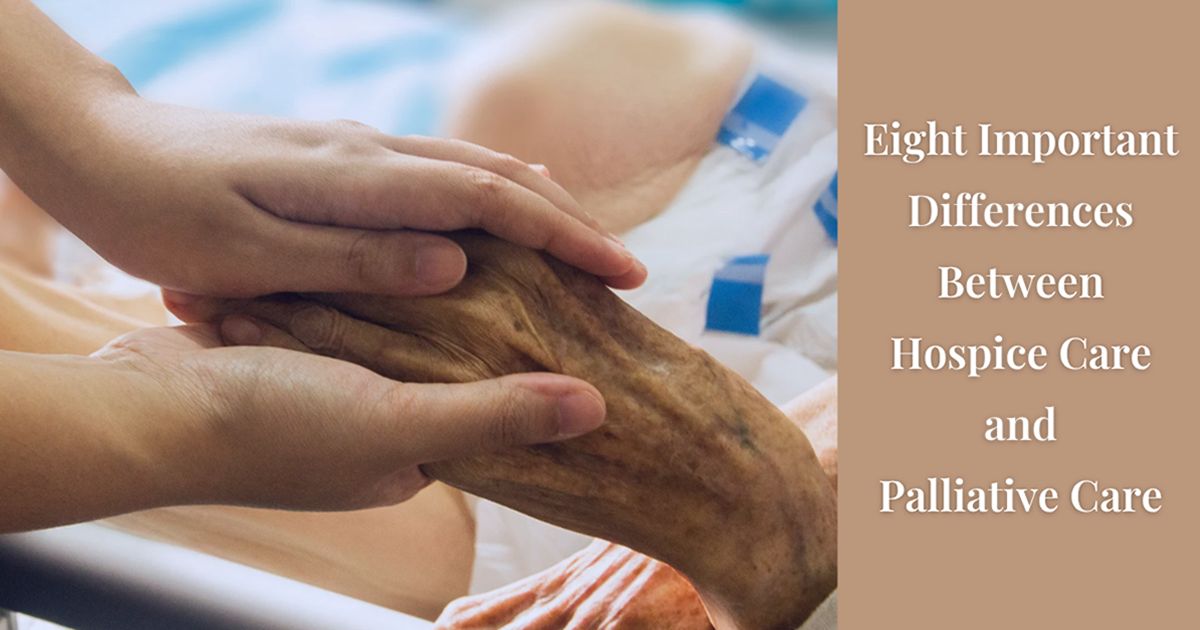

.png)
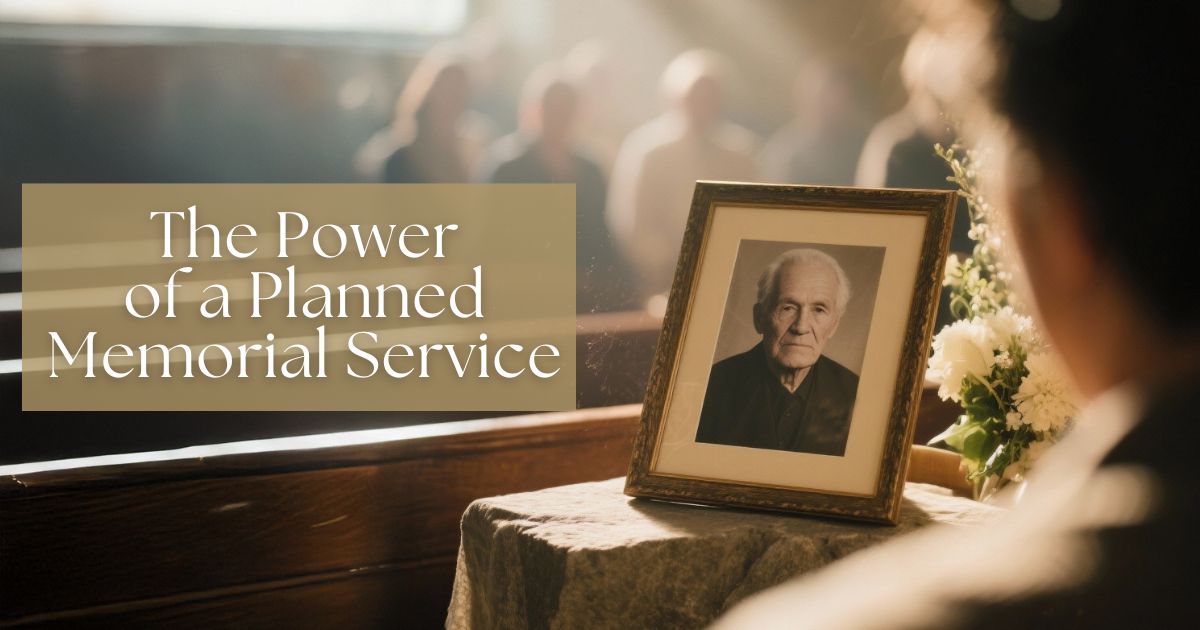
.png)
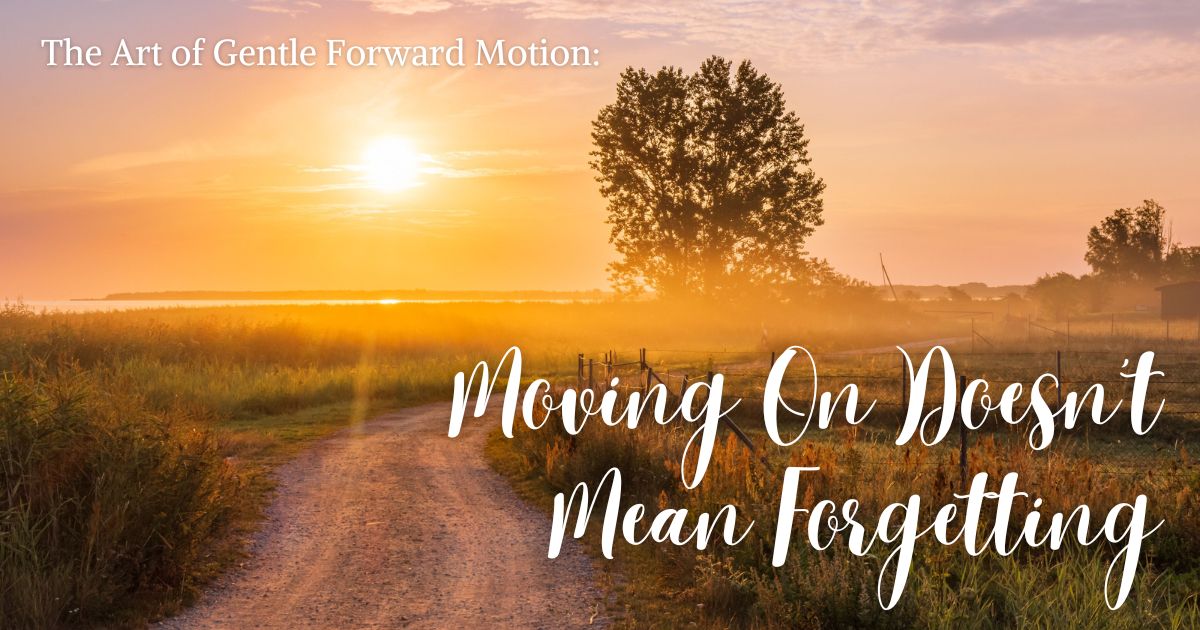
.png)


